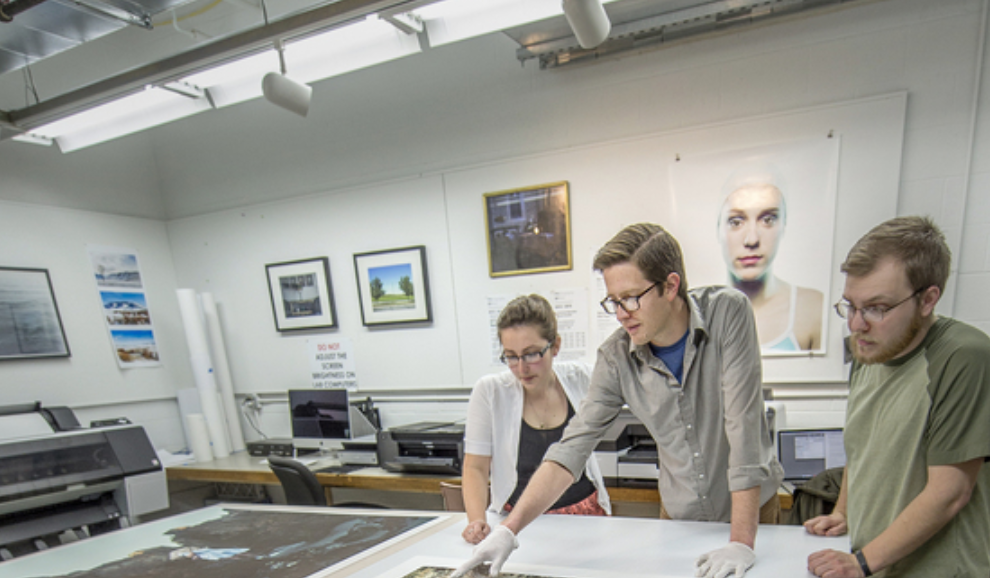College admissions applications are done for 2024. This stressful time for seniors mirrors the workload of college admissions officers who are responsible for reading everyone’s personal statements while also compiling three and a half years of academic overachievement for every applicant. The Green & White reached out to several admissions offices to inquire about their workload. “Some staff are here late, and we [use] 16 plus hour staff communications channels to resolve issues with applications. Staff have been hunkered down…” While seniors preparing their applications must coordinate with guidance counselors and recommenders to get the right documents in their files, admissions officers have a slew of internal goals they are expected to meet and this year, a year after substantial changes were instituted by the US Supreme Court regarding race-based admissions, a year when large donors and alumni have threatened to black-ball student activists at Harvard. College administrators at the highest levels have been tasked not just with their postmodern social engineering models, but with gaps in the financial models that led colleges to expand facilities and amenities with blank check spending while assuming that the next round of students will sign up to pay the bill.
“[We are] collaborating more than usual to help each other meet our internal goals,” says Senior Assistant Director Joe Wright from Indiana University. To seniors that are super nervous as they await the coveted dream school’s acceptance letter, waitlists and rejections are far more common from top- tier schools than WHS students may be aware.
For those rising juniors facing this gauntlet next year, we have the following tips from college admissions officers to help. Green and White’s sources in college admissions repeatedly tout that the essay and personal statement and the most important ways an applicant can stand out. The theory is that colleges want to see your passion, how you spend your time, and how committed you are to their university. “It is not how many activities you have, it is what you do with the activities you participate in. Are you just a member or an officer in a group,” said admissions counselor, Paula Lamannpa, from the University of Cincinnati. Make sure to let admissions know you have gone out of your way to spend time and energy researching their college, they can tell if you have spent time researching their programs and opportunities. “Anything that helps you stand out should be highlighted. Schools want to know what you’ll bring to their community,” says Karina Westra, University of San Diego’s Academic Advisor in Arts and Sciences. Westra also used to be an admissions counselor for USD, “Schools want to know what you’ll bring to their community.” Even virtual tours count if you can’t make it for an official visit. Natalie Wilkins, Kent State University’s Senior Admissions Counselor, said “What really makes an impact is when the activity is important enough to the student that it is also involved in their essay.” Admissions officers can tell if someone has spent time in their essays, do not be that person that applies to a college just because their name sounds cool.
If you don’t plan to do the leg work to figure out if a college is right for you, don’t expect the college admissions officers to do the work for you. They have piles of applications from students who know why one school differs from its peer schools. Admissions officers say they are always open to questions. “Something that most students don’t realize is that they can just email us directly with questions,” says Kenyon University’s assistant director of admissions Alison Laughbam, “Answering emails from students is ALWAYS A JOY FOR ME. Second, only to meeting them in person.” Indiana University has 16 plus hour staff communications which is a waste if students don’t reach out. Choosing a school is a journey with its ups and downs. Not every teacher, parent, or friend knows what your journey should look like. It’s up to you to put your educational journey ahead of other influences. Don’t just apply to a school because your friend is applying to it, choose it because you spent the time to find out that the college has a University Division that helps you find your major while another college leaves you to choose a major based on your experience as a freshman.






